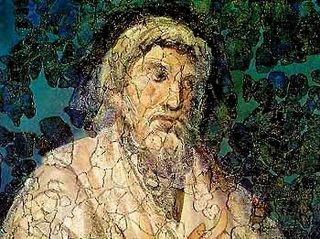A Quote by Lactantius
The first point of wisdom is to discern that which is false; the second, to know that which is true.
Related Quotes
That is the saddest part when you lose someone you love - that person keeps changing. And later you wonder, Is this the same person I lost? Maybe you lost more maybe less, then thousand different things that come from your memory or imagination - and you do not know which is which, which was true, which is false.
Do not try to know the truth, for knowledge by the mind is not true knowledge. But you can know what is not true-which is enough to liberate you from the false. The idea that you know what is true is dangerous, for it keeps you imprisoned in the mind. It is when you do not know, that you are free to investigate. And there can be no salvation, without investigation, because non investigation is the main cause of bondage.
Upon the first goblet he read this inscription, monkey wine; upon the second, lion wine; upon the third, sheep wine; upon the fourth, swine wine. These four inscriptions expressed the four descending degrees of drunkenness: the first, that which enlivens; the second, that which irritates; the third, that which stupefies; finally the last, that which brutalizes.

































